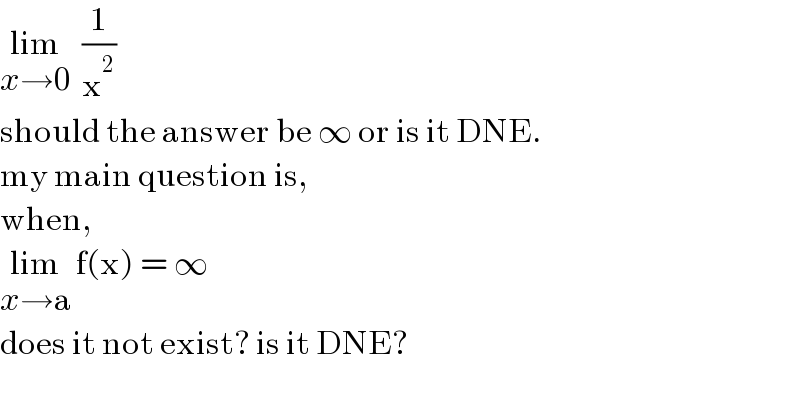
Question and Answers Forum
Question Number 152211 by nitu last updated on 26/Aug/21

Commented by MJS_new last updated on 26/Aug/21

| ||
Question and Answers Forum | ||
Question Number 152211 by nitu last updated on 26/Aug/21 | ||
 | ||
Commented by MJS_new last updated on 26/Aug/21 | ||
 | ||